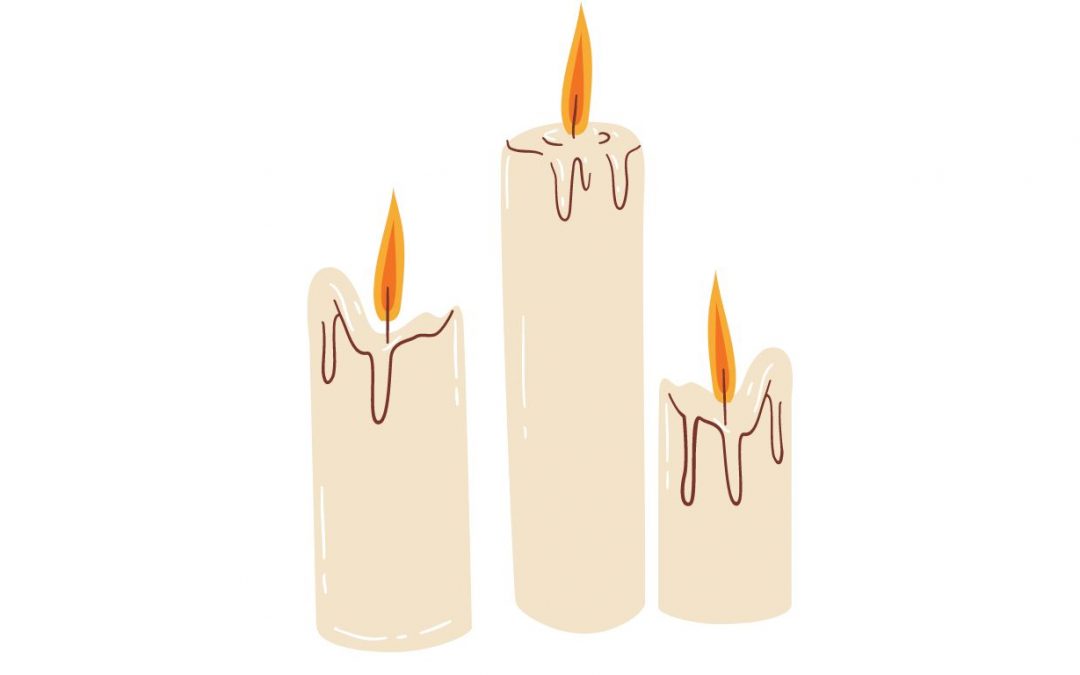Death is an unavoidable part of the human experience, intricately woven into the fabric of life itself. While the prospect of our mortality may evoke fear and uncertainty, there exists a profound wisdom in embracing the inevitability of our own demise. When we confront the transient nature of existence, we are prompted to consider how we want to approach the end of our journey.
It’s often said that a good death isn’t something that happens by luck. Instead, it requires deliberate effort and attention. Just like a skilled gardener tends to a delicate flower, we need to nurture the seeds of virtue within ourselves, creating a fertile ground rich with compassion, kindness, and equanimity.
The notion of a good death finds resonance in the teachings of various spiritual traditions, each offering its own insights into the art of dying well. In Buddhist philosophy, for example, the concept of “good death” is intricately linked to the accumulation of positive karma and the cultivation of a peaceful mind. It is through the practice of virtuous deeds and the purification of one’s mind that one may attain a state of equanimity, free from the shackles of desire and attachment.
Central to the Buddhist conception of a good death are the Three Conditions, each essential for navigating the passage from this life to the next with grace and dignity. These conditions, outlined in the teachings of the Buddha, serve as guideposts for the spiritual journey towards enlightenment and liberation.
The first condition enjoins practitioners to refrain from engaging in any evil actions. This includes abstaining from harming living beings, stealing, engaging in sexual misconduct, lying, and consuming intoxicants. By avoiding such negative behaviors, one prevents the accumulation of karmic debt and the perpetuation of suffering in this life and the next. As Buddhism warns, those who indulge in evil deeds may find themselves beset by malevolent spirits in their final moments, leading to torment and anguish in the afterlife.
The second condition calls upon practitioners to engage in virtuous deeds that benefit all sentient beings. This includes acts of compassion, generosity, and devotion, carried out with the sincere intention of alleviating the suffering of others. Whether through the practice of giving alms, caring for the sick and needy, or offering prayers and blessings, one accumulates positive karma that serves as a source of merit and spiritual nourishment. As the Buddha taught, “Better than a thousand hollow words, is one word that brings peace.” It is through the cultivation of virtuous actions that one may find solace and contentment in the face of life’s inevitable challenges.
The third condition exhorts practitioners to purify their minds through diligent practice and unwavering dedication. Whether through meditation, recitation of scriptures, or mindfulness exercises, one must bring the presence of the Buddha into their hearts with sincerity and devotion. Even amidst the distractions and temptations of daily life, one must strive to maintain a pure and tranquil mind, free from the fetters of desire and attachment. Through the practice of mindfulness and introspection, one may cultivate inner peace and equanimity, preparing oneself for the inevitable transition into the next phase of existence.
When we reflect upon the teachings of the Buddha, it becomes clear that pursuing a good death is closely tied to cultivating virtue and wisdom in this life. It is through the practice of ethical conduct, performing virtuous deeds, and the purification of one’s mind that one may transcend the cycle of birth and death, attaining liberation from suffering and the attainment of nirvana.
In the words of the Buddha, “Just as a candle cannot burn without fire, men cannot live without a spiritual life.” It is through the cultivation of a spiritual life, grounded in the principles of compassion, wisdom, and mindfulness, that one may navigate the passage from this life to the next with grace and dignity. In embracing the inevitability of death, one may discover a profound sense of peace and tranquility, knowing that one’s journey through the cycle of existence is guided by the light of wisdom and the warmth of compassion.
As we contemplate the mysteries of life and death, may we find solace in the teachings of the Buddha, taking refuge in the timeless wisdom that illuminates the path to liberation and enlightenment. And may we approach the death with courage and equanimity, knowing that our journey is guided by the boundless compassion of the Buddha and the enduring power of the Dharma.


Recent Comments